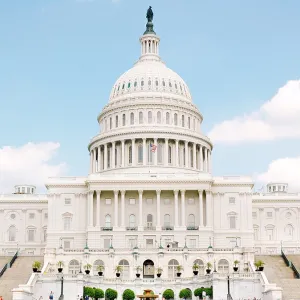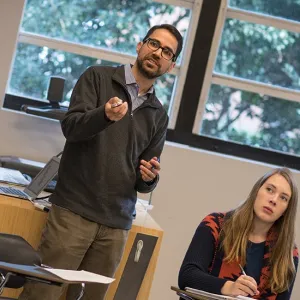
Following is a statement by Association of American Universities President Mary Sue Coleman on the FY18 House Labor-Health-Human Services-Education, Commerce-Justice-Science, and Energy and Water Appropriations bills.
We are very pleased the House Labor-Health-Human Services-Education (LHHS) appropriations bill provides a $1.1 billion increase for the National Institutes of Health (NIH) and the biomedical research it supports in search of cures, therapies, and medicines to improve the health and wellbeing of Americans. Subcommittee members demonstrated a keen understanding of the importance of scientific infrastructure and the facilities and administrative costs that support cutting-edge labs across the country. We thank members of the subcommittee for their efforts and commend the leadership of Chairman Tom Cole and Ranking Member Rosa DeLauro.
As we await final details, we are grateful to see the maximum award maintained at $5,920 but disappointed the draft LHHS bill rescinds $3.3 billion of the Pell Grant program’s unobligated carryover funds. We cannot afford to jeopardize the financial stability of the Pell Grant program to subsidize other areas of the budget. Congress should protect the integrity of the program by ensuring those funds remain to cover unanticipated cost shortfalls.
We also thank Commerce-Justice-Science (CJS) appropriations Chairman John Culberson, Ranking Member José Serrano, and subcommittee members for their efforts to increase funding for scientific research despite budget caps. The CJS bill increases funding for NASA’s Science Mission Directorate, but unfortunately cuts the National Science Foundation (NSF) by $133 million below FY17. These same budgetary constraints affect the House Energy and Water appropriations bill, in which the Department of Energy’s Office of Science evades cuts, but all funding for the Advanced Research Projects Agency – Energy (ARPA-E) is eliminated.
Congress took steps in FY16 and FY17 to reinvest in research and higher education programs after several years of sequestration cuts and declining investment. We urge Congress to continue this momentum and reach a bipartisan budget deal that raises the defense and non-defense discretionary caps and allows for robust investments in research and higher education programs critical to our nation’s security and prosperity. Now is not the time to turn our backs on what has helped make our nation the greatest and most advanced economy in the world. We look forward to working with Congressional leaders to ensure strong support for these programs in FY18.
Founded in 1900, the Association of American Universities comprises 62 distinguished institutions that continually advance society through education, research, and discovery.
Our universities earn the majority of competitively awarded federal funding for academic research, are improving human life and wellbeing through research, and are educating tomorrow’s visionary leaders and global citizens.
AAU members collectively help shape policy for higher education, science, and innovation; promote best practices in undergraduate and graduate education; and strengthen the contributions of research universities to society.



